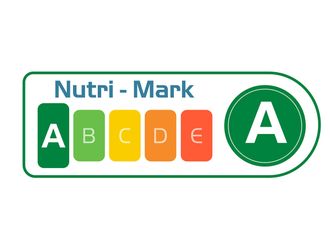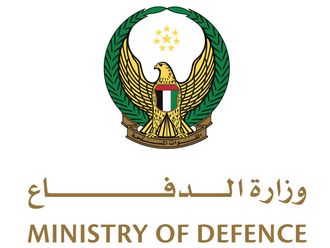Dubai: Small doses of stress can help an individual perform better, but it causes major health damage after certain limits, said a visiting medical consultant.
"Stress even acts as a motivating force but beyond a certain point, it stops being helpful and becomes ‘silent killer'," said Dr Firdous Jahan, Consultant Family Physician at Aga Khan University Hospital (AKUH) - a well-known non-profit health care facility in Pakistan.
Symptoms
In her lecture, organised by the AKUH Representative Office as part of its programme ‘Signs, Symptoms and Care' at Ismaili Centre, Dubai, Dr Jahan spoke on stress management and maintaining a healthy lifestyle. She defined stress as, "pressure that exceeds one's perceived ability to cope."
She said that one third of mental and physical illnesses are caused by stress, either directly or indirectly. "Too many positive or negative changes occurring in a short span of time can tax an individual's adaptive capacity leading to increased susceptibility to illnesses," she noted.
Symptoms of stress can range from a simple stomach ache to major heart disease, affecting the entire body, rather than just a single part. It also impairs the immune system, leading to greater vulnerability to infections. Individual responses to stress, however, may vary from person to person, depending on environmental, work-related and interpersonal factors, and from life events.
Dr Jahan stressed on the benefits of physical activity which can help release stress. Deep breathing techniques with the imagining of a warm, comfortable, safe and pleasant place, and progressive muscle relaxation are also effective in relaxation.
Meanwhile, Dr Zeba Iftikhar Ali, assistant manager of patient referral at AKUH, Dubai, said the AKUH in Karachi is an integrated, health care delivery component of Aga Khan University.
"It is a philanthropic, non-profit, private teaching institution committed to providing the best possible options for the diagnosis of disease and team management of patient care. Some 73 per cent of patients treated at AKUH come from low to middle-income areas. Those who are unable to pay for treatment receive assistance through subsidies including Patient Welfare Programme.












